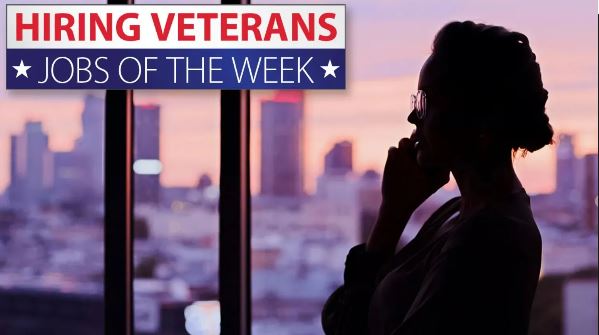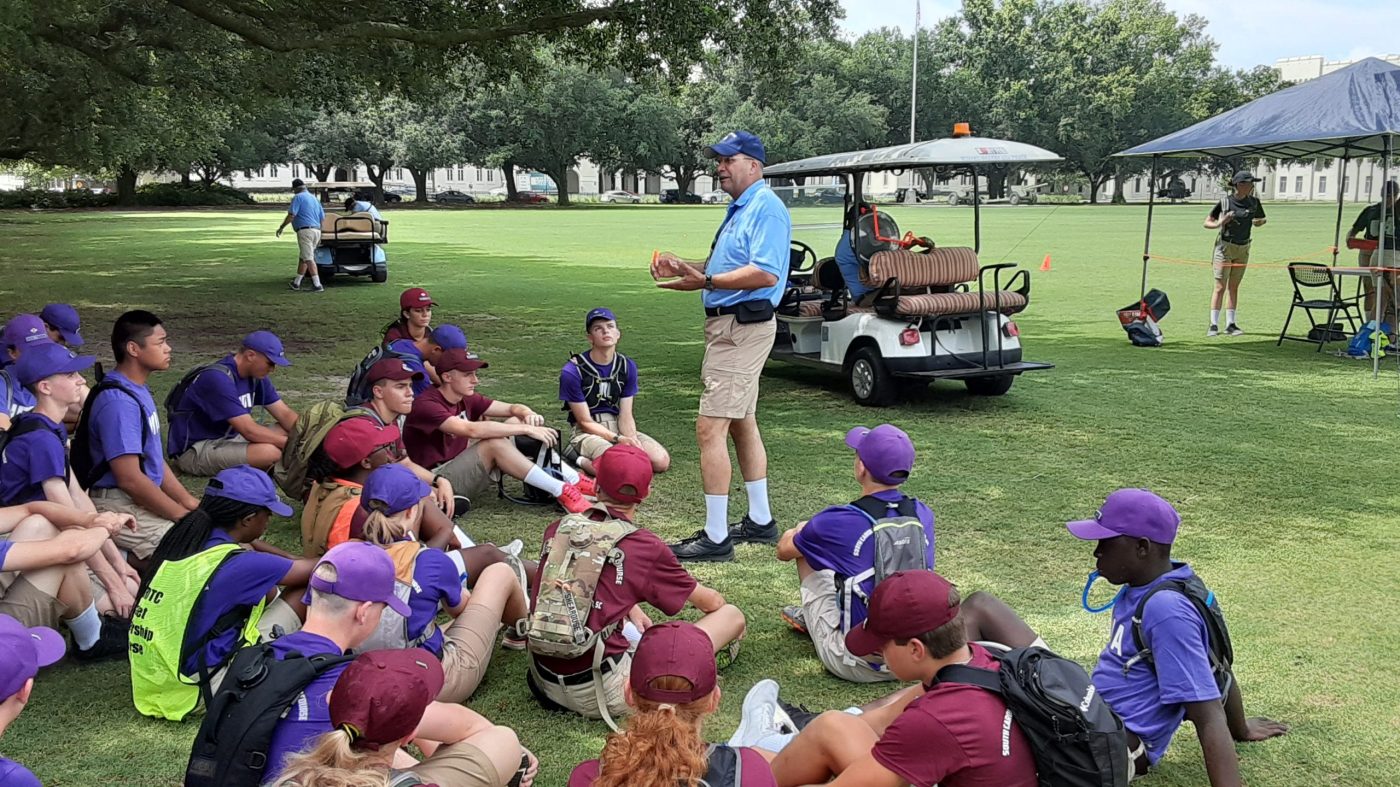The Department of Labor Veterans’ Employment and Training Service (DOL VETS) has a new pilot program to help Veterans and their spouses take control of their careers.
What is Off-Base Transition Training?
The Off-Base Transition Training (OBTT) pilot program consists of 10 two-hour no-cost workshops designed to help meet Veteran employment goals and give participants an advantage in the vast workforce landscape.
OBTT workshops are available as in-person or virtual offerings nationwide in the following metropolitan areas:
- Los Angeles and San Diego, California;
- Boston, Massachusetts;
- Fayetteville and Raleigh, North Carolina;
- Philadelphia and Pittsburgh, Pennsylvania;
- Dallas/Fort Worth, Houston and San Antonio, Texas.
 The Workshops
The Workshops
Your Next Move: Designed to introduce the basic tools needed to begin career exploration, this workshop explores interest profiling, skills matching and general labor market information.
Marketing Yourself and Other Job Search Tactics: This workshop provides proven tactics to help job seekers get noticed and hired.
Understanding Resume Essentials: This workshop covers the elements of a resume and provides job seekers with techniques to create an effective document employers will notice.
Creating Your Resume–Writing Workshop: During this workshop, attendees will craft a first resume or revise a current one.
Interview Skills (virtual only): This workshop covers the basics on preparing for an interview, including potential questions and interview techniques.
Federal Hiring (virtual only): This workshop covers the basics of using USAJOBS to search and apply for federal employment opportunities.
LinkedIn Profiles (virtual only): This workshop walks attendees through creating a compelling LinkedIn profile that can be used to build and highlight your professional brand.
LinkedIn Job Search (virtual only): This workshop explains how to proactively use LinkedIn for job searches and demonstrates how recruiters use LinkedIn to find employees for their openings.
Salary Negotiations (virtual only): Designed to take the mystery out of salary negotiation, this workshop walks attendees through using research to support salary negotiation.
Employment Rights (virtual only): This workshop covers essential information on workplace rights and self-advocacy.
Why Register for OBTT?
You never know where your path will take you. Even if you’re not planning on making a career change, it’s good to be ready for any opportunity that comes your way. Dust off that resume, refresh your LinkedIn profile and open the door for new possibilities.
OBTT will help you reach your employment and career goals.
Explore and register for OBTT in-person or virtual workshops online at: www.dol.gov/obttworkshops.
Twitter: https://twitter.com/VETS_DOL.
LinkedIn: https://www.linkedin.com/showcase/dolvets/.
Topics in this story
More Stories
This post contains jobs for the week of Jan. 20, 2025. Each week, we’ll continue to post listings as we receive them, and for the locations listed.
As a military spouse, you have the dedication we want in someone who serves Veterans alongside us. See what VA has to offer.
The Air Force is seeking Veterans to serve as Air Force Junior ROTC instructors.








I am interested in being a driver to pick up veterans and take them to medical appointments at the VA. I have 15-years driving experience related to giving people rides to places. I thought this was an on going job with the VA. I know some veterans are being picked up and delivered to the VA hospitals this way but for my life never see these jobs as van drivers listed on any VA job site any where in the United States. Am I missing something? Or are these type of positions all internal hires? The only jobs I see available are what I consider the jobs no one wants to do like Nursing Assistants in Nursing homes, (at least not what I want) and things like that. No offense to those doing these type of positions. I have a great deal of experience as a cab driver, and years of college courses also almost becoming a nurse with 4-year BSN but never finished so would be interested in a desk position helping and directing patients when hey enter Hospital or picking up veterans and dropping them off and things like that. Most my work experience all my life has been customer service dealing with people, 10-years Operations manager, yet I can never find these type jobs on VA job sites. I thought maybe I could pick up veterans in my van with many seats and get reimbursed by mileage that way also. Any help PLEASE?
The Government Pension (Spousal) Offset (GPO) and the Windfall Elimination Provision (WEP) of the Social Security System takes a percentage of what four groups of individuals earn from their Social Security benefits: teachers, professors, firemen, and policemen. This happens even though they have paid in all of the necessary quarters and amounts to the Social Security System to earn benefits. The GPO and WEP withholding occurs in14 states that have a pension system for members of these groups, and through some political actions the politicians, negotiated the GPO and WEP with holding.
An example is individuals who have worked in Alaska under TERS and PERS retirement system: teachers, professors, firemen and policemen. Our veterans could become teachers, firemen or police officers. This helps all of the 14 effected states and helps the veterans. Especially those who have disabilities. The bad thing though is that most of these people will lose a large percentage, if not all of the social security benefits they have accrued during their military service the first day they become public employees in an affected state. This is not right! In many cases, this problem is exacerbated in that if the person were to die their spouse would not receive any Social Security benefits. With the loss of Social Security benefits and the loss of the retired person’s income the spouse and possible children could be in financial need.
The Government Pension (Spousal) Offset (GPO) and the Windfall Elimination Provision (WEP) subtract a percentage of what I earn through my Teacher Retirement System pension from my earned Social Security benefits. This happens even though I have paid in all of the necessary quarters and amounts to the Social Security System to earn benefits. I earned my Social Security benefits while working in Alaska for non TRS employers and while in the Army. If I die before my wife, she will not receive a spousal benefit. If I was not a resident of one of the effected 14 states I would receive my full Social Security benefits.